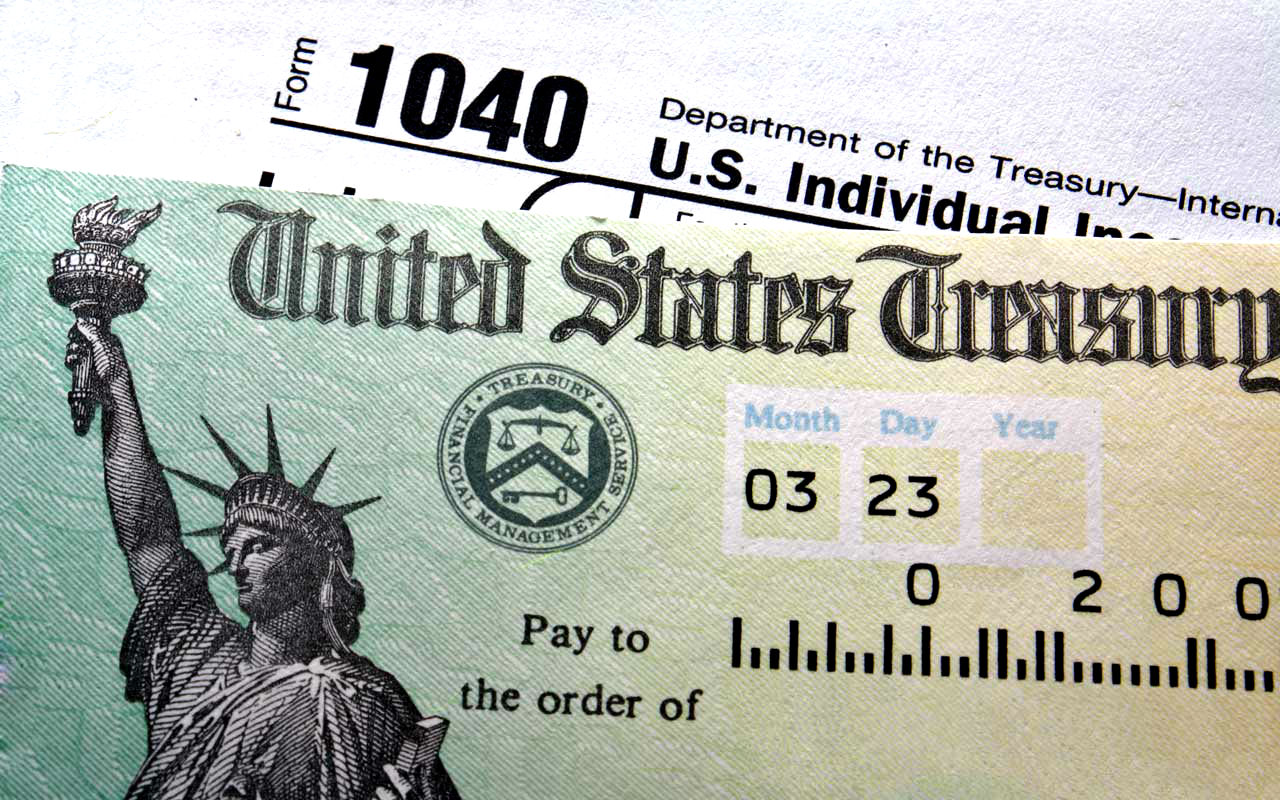 Whether you’re a small-business owner, a corporate executive or a professional looking to retire soon, you don’t want to leave potential tax-deferrable options by the wayside, says Mark Chandik, president of FDP Wealth Management.
Whether you’re a small-business owner, a corporate executive or a professional looking to retire soon, you don’t want to leave potential tax-deferrable options by the wayside, says Mark Chandik, president of FDP Wealth Management.
“That’s money in the bank – at least it could be,” he says. “Don’t look at it as a trick. Legally, if it meets certain criteria, it’s your money!”
While many taxpayers simply don’t know what they’re missing, others think they know exactly what they’re doing. The problem in both scenarios is that most will simply do this year what they’ve done in previous years, which could cause them to pay a higher tax bill than necessary.
Chandik, a veteran financial professional and author of 10 Financial Strategies for the Smart Investor, says there are several areas to explore in saving money on taxes this year.
- Insurance products offer an advantageous tax status. These products include both life insurance and annuities. Regardless of how you see the performance of these products, they have a unique tax status. Life insurance cash values can grow tax-deferred and may be accessed tax-free for supplemental retirement income. Annuities also offer complete tax deferral during the accumulation period.
- The type of investment vehicle can make a big impact on tax efficiency. Tax-wise, exchange traded funds (ETFs) offer an advantage over traditional mutual funds, which can generate a large amount of “phantom income” that’s taxed based on the buying and selling of underlying securities. Growth via ETFs, however, may offer the same kind of performance, but the changes at the portfolio level aren’t taxed in the same way. ETFs are also less expensive.
- Track year-to-year carry-over items. Check for any capital losses that could offset current capital gains. Excess amounts of unused capital losses can be carried over to the next year’s return. For example, if you have net capital losses in a prior year in excess of a $3,000 annual deduction limit, they can be carried over to your next year’s income tax return. The same goes for any charitable contributions and unused business credits that you can’t deduct in a previous year because of limits on such write-offs.
- Just started retirement planning? Review your contributions. Whether it’s a 401(k) plan, SEP plan or individual IRA, check out the advantages of using any tax-deferred saving vehicles that are available for tax-reduction strategies. If you’re new to retirement planning, know that not all contributions are deductible.
“These tips are just a starting point to let folks know what’s possible in savings for tax season,” Chandik says.
Mark Chandik is the Principal of FDP Wealth Management www.fdpwm.com and has more than 30 years of professional experience serving corporate executives, professionals, business owner/operators, affluent families and private individuals with investing needs.
Become a Harlem Insider!
By submitting this form, you are consenting to receive marketing emails from: . You can revoke your consent to receive emails at any time by using the SafeUnsubscribe® link, found at the bottom of every email. Emails are serviced by Constant Contact









I was requiring Lic995 fillable form recently and found a website with 6 million forms . If others are looking for Lic995 fillable form also , here’s a
http://goo.gl/IXmmo3